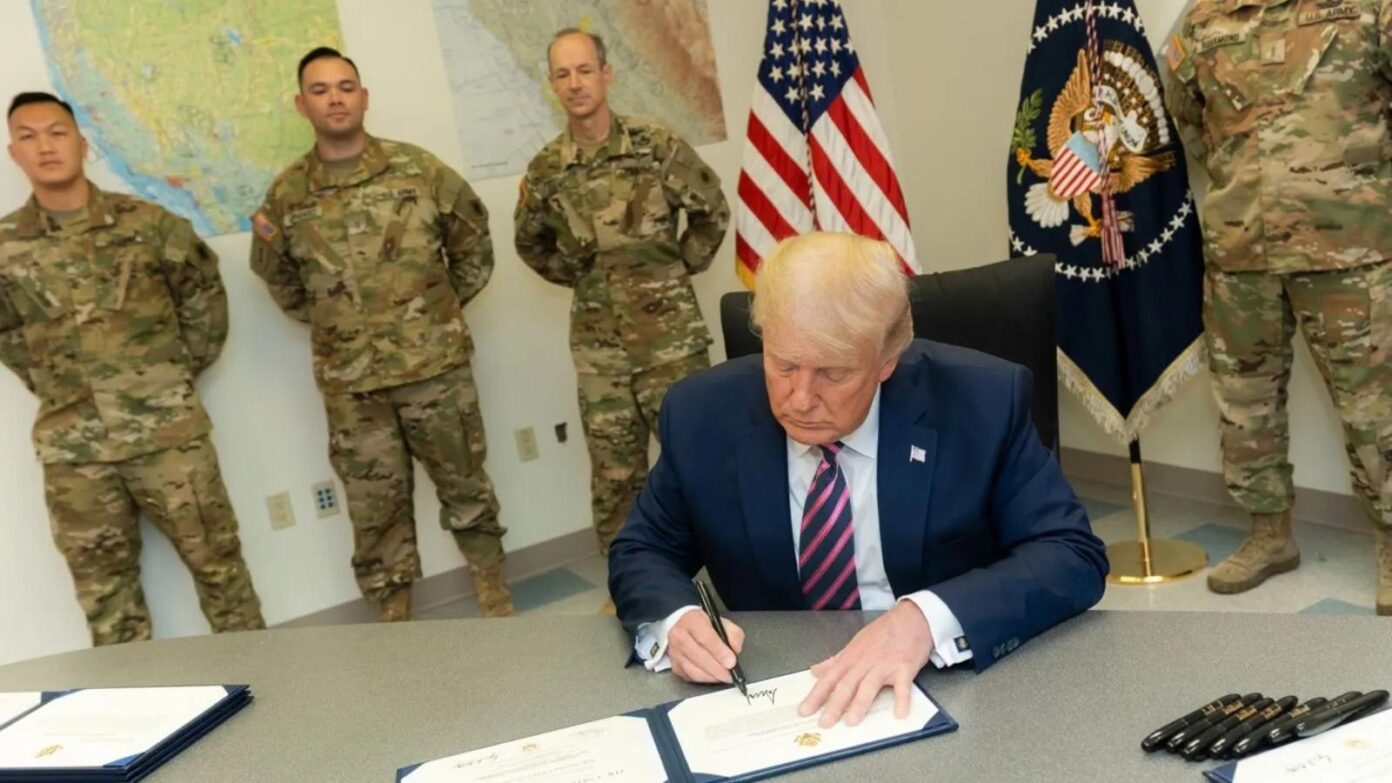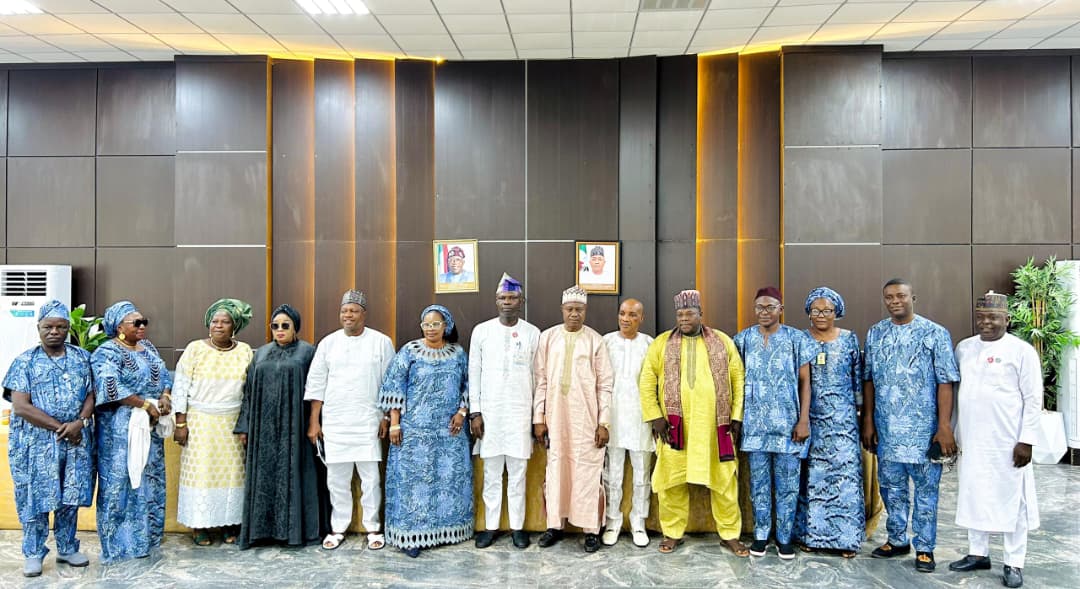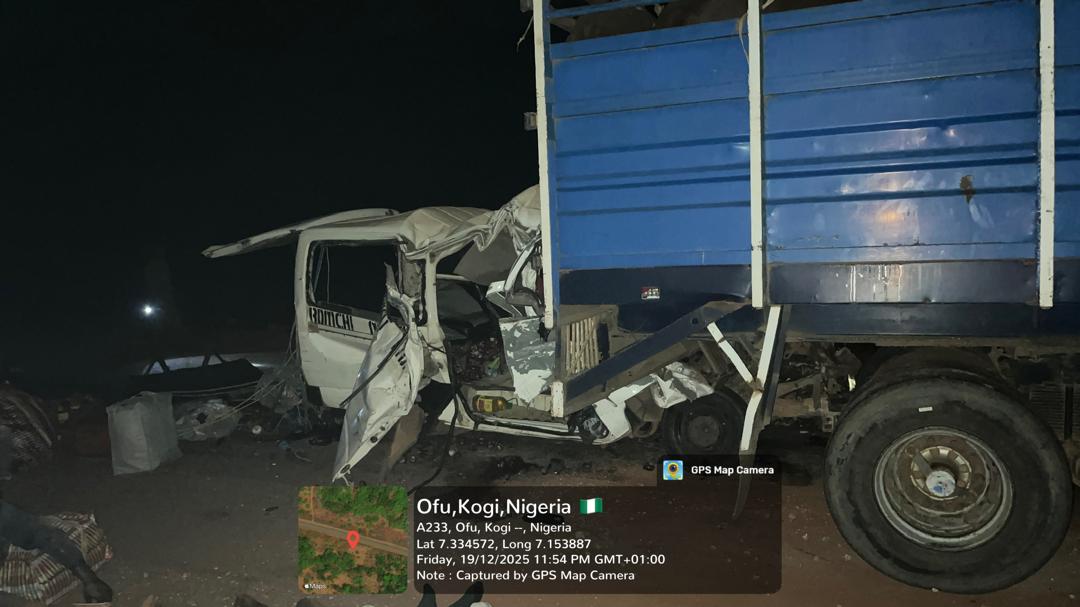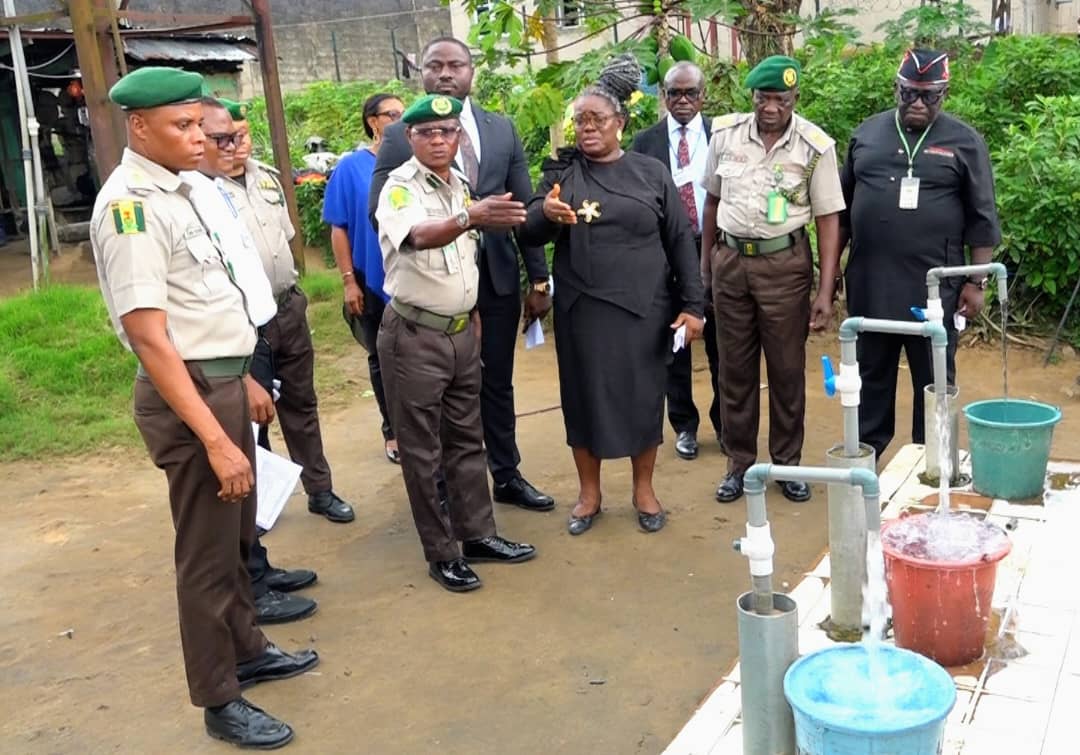Agency reports
The U.S. military may soon head to Nigeria as it reportedly submitted contingency plans for possible strikes, following a directive from President Donald Trump to prepare for action over what has been widely dismissed as a false claim of Christian genocide.
According to a New York Times report on Wednesday, the U.S. Africa Command (AFRICOM) has forwarded a set of options to the Department of War at the request of Secretary Pete Hegseth.
The plans reportedly outline three tiers of military response, heavy, medium, and light — each structured to allow for graduated escalation depending on how events unfold.
Military officials cited by the New York Times said the “heavy option” represents the most forceful military action the United States could take against Nigeria, suggesting that it would involve extensive air and ground operations if approved.
It involves sending an aircraft carrier group to the Gulf of Guinea, off the Nigerian coast, and using fighter jets or long-range bombers to strike targets deep inside northern Nigeria.
For the medium option, the command suggested using drone strikes against militant camps, bases, convoys and vehicles in northern Nigeria.
U.S. Predator and Reaper drones have a capacity to loiter for hours before striking. Meanwhile, other U.S. intelligence assets would build up targets’ patterns of life to enable precise, timely strikes, the New York Times reports.
Military officials told The New York Times that the “light option” would focus on partner-enabled operations, with the U.S. military and State Department providing support to Nigerian security forces in targeting Boko Haram and other Islamist insurgents responsible for attacks, kidnappings, and killings of civilians.
According to the report, the main objective of the plan is to neutralize Islamist militants in northern Nigeria, protect Christian communities from armed violence, and end the long-running insurgency in the region.
However, concerns have been raised about the proposed plans, particularly regarding Nigeria’s sovereignty, the risk of civilian casualties, and the potential for heightened tensions between Abuja and Washington if military action proceeds without clear diplomatic coordination.
While the U.S. Department of War is reviewing the options submitted by Africa Command, several officials and analysts have expressed deep concern about the implications of implementing any of the proposed plans.
According to The New York Times, a major challenge lies in the complex nature of violence across the Sahel region, which is driven by linguistic, cultural, and religious divisions rather than a single ideological cause.
In parts of Nigeria, particularly the Middle Belt, the unrest is rooted in long-standing disputes over land use, ownership, and grazing rights between farmers and herders, making it difficult to isolate purely religious or extremist dimensions of the conflict.
Meanwhile, sources told the New York Times that the US military cannot do much to stop the violence unless it is willing to start an Iraq- or Afghanistan-style campaign.
“It would be a fiasco,” Paul Eaton, a retired Army veteran of the war in Iraq, told the paper.
He added that these actions would rather cause shock and confusion rather than quell the conflict, the retired general likened the effort to, “pounding a pillow.”
For the “heavy option” in the U.S. contingency plan, the main obstacle lies in the use of long-range bombers, which would require deploying aircraft carrier groups to the Gulf of Guinea, a move complicated by limited carrier availability.
According to The New York Times, the U.S. Navy’s current carrier capacity is stretched thin.
The Gerald R. Ford, one of its most advanced carriers, is already being redeployed from Europe to the southern Caribbean, where President Trump has declared a campaign against drug cartels.
Other carriers remain tied up in the Pacific, the Middle East, or undergoing maintenance.
Several military officials reportedly cautioned that deploying an aircraft carrier to the Gulf of Guinea to target militant groups in Nigeria does not rank as a national security priority for the United States.
The second option, involving drone strikes on insurgent camps, also faces logistical challenges due to the absence of nearby U.S. bases.
The U.S. military withdrew from its two closest drone facilities in Agadez and Niamey, Niger, in August, significantly limiting operational reach in West Africa.
This comes after President Trump accused Nigeria of carrying out a Christian genocide, an allegation the Nigerian government denied. (ephemeralnews.com.ng)





